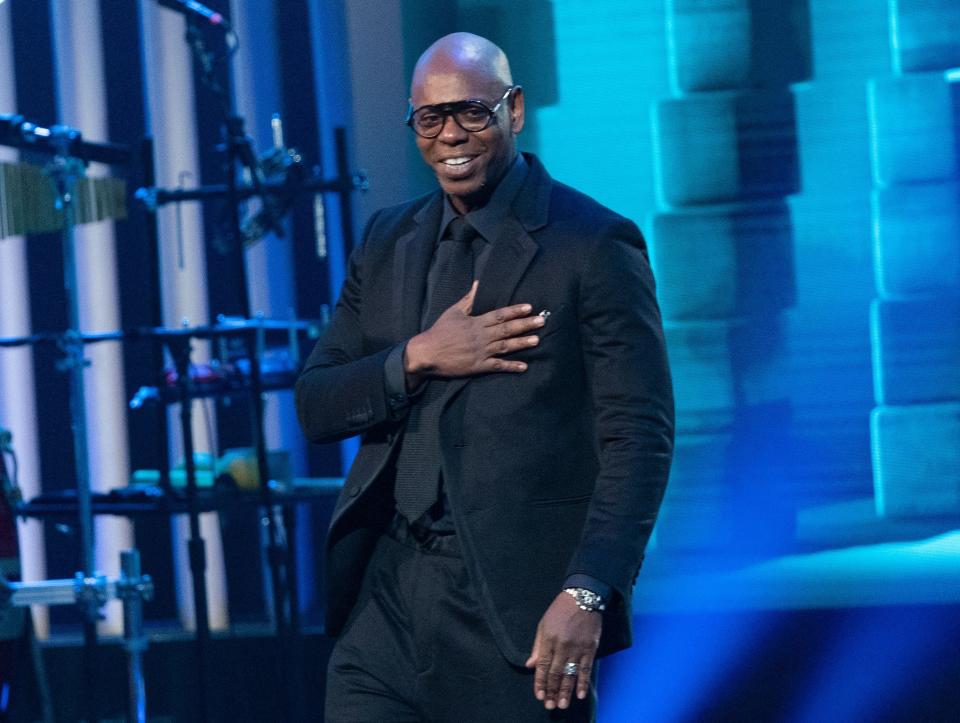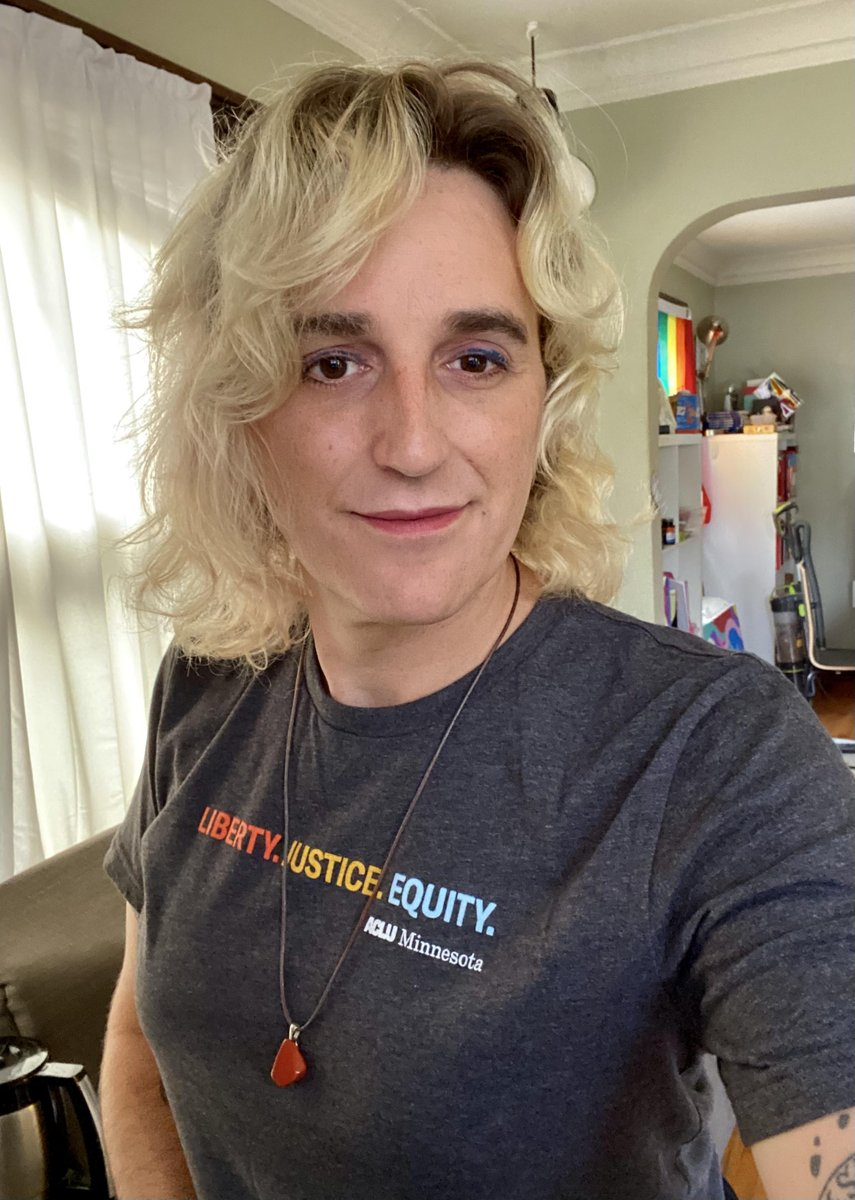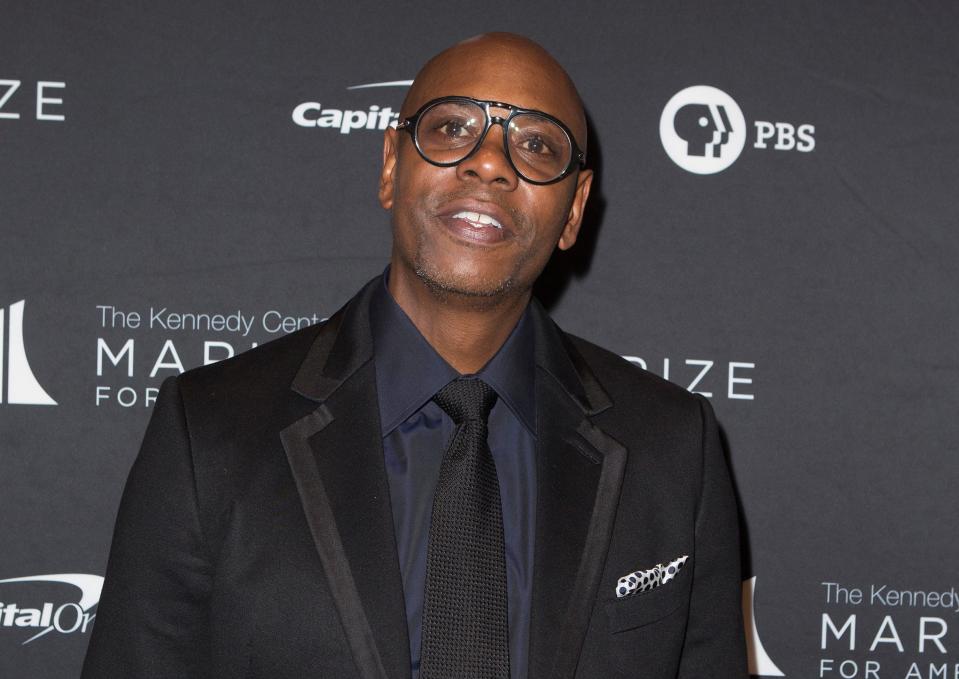Netflix walkout over Dave Chappelle is not just a matter of transgender rights and dignity

Wednesday, members of the trans employee resource group at Netflix will stage a walkout. In addition to the walkout, the resource group has released a number of demands for Netflix to comply with, including “measures … to avoid future instances of platforming transphobia and hate speech.”
The walkout is the latest in a continually escalating crisis created by transphobic content on the streaming giant’s platform. Last week, the company fired a Black transgender (and pregnant!) employee who helped to organize the walkout. Prior to the firing, Netflix had suspended Terra Field, a transgender employee who had tweeted a critical thread aimed at the company’s decision to continue to air anti-trans content.
All the while, Netflix has stood by the decision to platform, promote and profit from content that will harm transgender people. How Netflix finds itself in this sticky cultural and political morass is bit of a winding tale, so bear with me.
The big money behind Dave Chappelle
Enter Dave Chappelle.
In 2016, Netflix paid an exorbitant amount of money to comedian Dave Chappelle – reportedly $60 million – and it received in return a series of standup specials to feature. The deal makes sense: Chappelle is by some accounts the greatest standup of all time, and Netflix has been in the business of comedy specials for years. Win win.
Or at least, that’s how Netflix would like us to see it. But there was one group who never got to bask in that big money success: trans folks. I doubt anyone at Netflix imagined they’d be putting out their fourth Chappelle special with segments dedicated to the mockery of transgender people and the promotion of transphobic political beliefs.

And yet, here we are. In three previous specials, "Equanimity," "Deep in the Heart of Texas" and "Sticks & Stones," Chappelle devoted small portions of his time to transgender people in a way that many found offensive but others found honest, curious and funny. It was argued that Chappelle was doing what Chappelle has done throughout his celebrated career: wrestling with the most gnarly cultural topics of the day to create difficult, but thoughtful, political comedy.
Bonauto: I won landmark same-sex marriage case. Here's why I'm optimistic about transgender rights.
But then came "The Closer," released Oct. 5, and whatever shine one might have applied to the Chappelle brand of comedy was left behind. The comedian spends more than half of the hour-long performance providing commentary on the LGBTQ community, most of it dedicated to transgender women. Chappelle’s routine includes mockery of our appearance, our bodies and our genitals. He defends the transphobic writing of author J.K. Rowling.
And he declares himself a member of "team TERF," an acronym for “trans exclusionary radical feminist.”
This, for me at least, severs any claim he might make that he’s just making jokes. Joining team TERF means that you are a political opponent of transgender rights. Full stop.
(TERFs are trans exclusionary radical feminists. They believe that feminism must exclude the rights of transgender people. Some members of this community consider TERF a derogatory term, and prefer "gender critical").
Responses to Chappelle's transphobia
"The Closer" was immediately and vehemently criticized by trans people and our allies, including trans creatives like Jaclyn Moore, showrunner of "Dear White People." This is the third week of escalating criticism directed at Neftlix, and the company is playing a lot of defense. As bad as Chappelle’s treatment of trans people is in "The Closer," the defense Netflix is using to justify it is even worse.
Statements from Netflix co-CEO Ted Sarandos make his position clear: He stands by Chappelle, and he stands by "The Closer." Despite pressure that continues to mount, he will not be changing his ways; he will not be removing "The Closer" from his platform.
Chavous, Ellis: Why this nation needs to hit the reset button on bullying, online trolling, intimidation
Sarandos’ statement included the detail that Chappelle’s previous special was the most watched in the history of Netflix, and if audiences watch "The Closer" with as much interest as his previous specials, then Netflix has all the financial justification it needs to keep its relationship with Chappelle at the cost of mounting opposition.
But in defending Netflix and "The Closer," Sarandos made a claim that is wildly irresponsible, and should truly concern every user of Netflix.
"While some employees disagree,” Sarandos wrote, “we have a strong belief that content onscreen doesn’t directly translate to real-world harm.”
Reed Hastings, co-CEO along with Sarandos, made the point more specifically. “We do not see Dave Chappelle as harmful,” he said.
Netflix is not a moral vacuum.
If we take the co-CEOs of Netflix seriously, it would appear that the world’s largest streaming network (Netflix has 209 million subscribers) cannot affect the real world. They believe their business exists outside of the moral landscape in which people make decisions about who they are, what they believe and how they act in the world. Netflix is a neutral entity in politics and culture, they’d have us believe. They’re working in a vacuum where art exists unto itself, incapable of real-world harm.
This is, of course, ridiculous. From the very beginning of the art form ("The Birth of a Nation" was a rallying cry for the Ku Klux Klan) to the constant misogyny of Hollywood blockbuster cinema, film and television have endorsed and glamorized awful things. It may be true, as Sarandos states, that watching acts of violence onscreen does not make a person more likely to commit those same acts of violence in real life. There are studies to support this, but those studies simply cannot be equated, as Sarandos would like us to do, to sympathetic portraits of racism, misogyny, homophobia, transphobia and many other harmful real-world values.
Netflix itself has the evidence of this. Just last year the company released "Disclosure," a documentary detailing the harm created by the long history of negative media portrayals of transgender people in film and television.
Not only is "Disclosure" highlighting a history of real-world harm, but it also itself is evidence that art can in fact do real-world good. "Disclosure" has been credited with opening so many eyes to the plight of trans people. It has helped.

Chappelle’s transphobia is the spark of this conversation, and the action that trans employees are undertaking is crucially important; it must remain in our news and must be supported. But this is not just a matter of transgender rights and dignity. It’s a question of moral responsibility and cuts across the cultural and political ideologies.
Which is why this question should create the greatest concern about Netflix going forward. Do Sarandos, Hastings and other corporate leadership believe that film and television are incapable of harm? That they have no moral responsibility for what they air to hundreds of millions of viewers? And if so, what will they stream next?
Leigh Finke is a writer, filmmaker and media producer from St. Paul, Minnesota. Follow her on Twitter: @leighfinke
You can read diverse opinions from our Board of Contributors and other writers on the Opinion front page, on Twitter @usatodayopinion and in our daily Opinion newsletter. To respond to a column, submit a comment to letters@usatoday.com.
This article originally appeared on USA TODAY: Netflix walkout: Dave Chappelle's transphobic comments are harmful

 Yahoo Movies
Yahoo Movies 